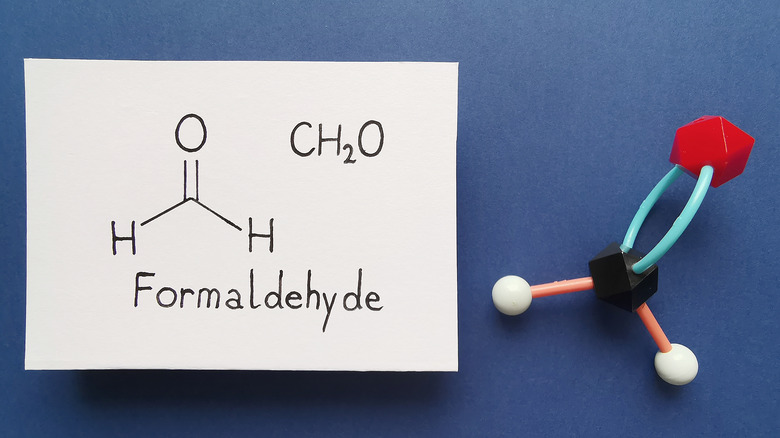The Disturbing Truth About 'Formaldehyde Hunger'
Unless you happen to be Hannibal Lecter, chopping up bodies does not conjure up particularly enticing images. All those cracking bones and spewing organs would surely be enough to disturb anyone's sleep — not to mention their appetite.
Although the very thought of sawing open a corpse fills most people's stomachs with a spinning sensation akin to a chopper in a twister, the brave and bold body boffins employed to accomplish the gruesome task may be considerably tougher than even the grittiest crime drama would give them credit for.
According to a research article published by Georgetown Medical Review, medical students have experienced incessant food cravings in the immediate aftermath of dissecting a dead body. Despite congregating in a room packed with glaring surgical instruments and rotting flesh, trainees would regularly chat about their favorite recipes as they fought the urge to eat whatever food they could find. The creepy hunger is believed to be caused by formaldehyde.
Formaldehyde is associated with many medical complications
Formaldehyde is a chemical used in the medical sector for preserving bodies in laboratories so that anatomical investigations can take place (via a 2012 article in J Environ Health, posted at the National Library of Medicine). The investigation showcased by Georgetown Medical Review names the bizarre phenomenon "formaldehyde hunger" due to the chemical apparently stimulating the appetite of people exposed to it.
However, the theory of formaldehyde hunger is disputed by a document released by the World Health Organization. The publication concludes there is some self-reported evidence of formaldehyde actually having the opposite effect — constricting hunger, rather than inducing it.
Details publicized by the International Journal of Scientific Research and Management (posted at Semantic Scholar) regarding health issues that formaldehyde has been linked to also do not include stimulation of appetite, although potential ill effects do include itchy eyes, headache, and respiratory distress. Ingestion of formaldehyde clearly correlates with many health problems, but it appears that formaldehyde hunger is a subject that requires more scientific study to confirm the experiences of medical students.

